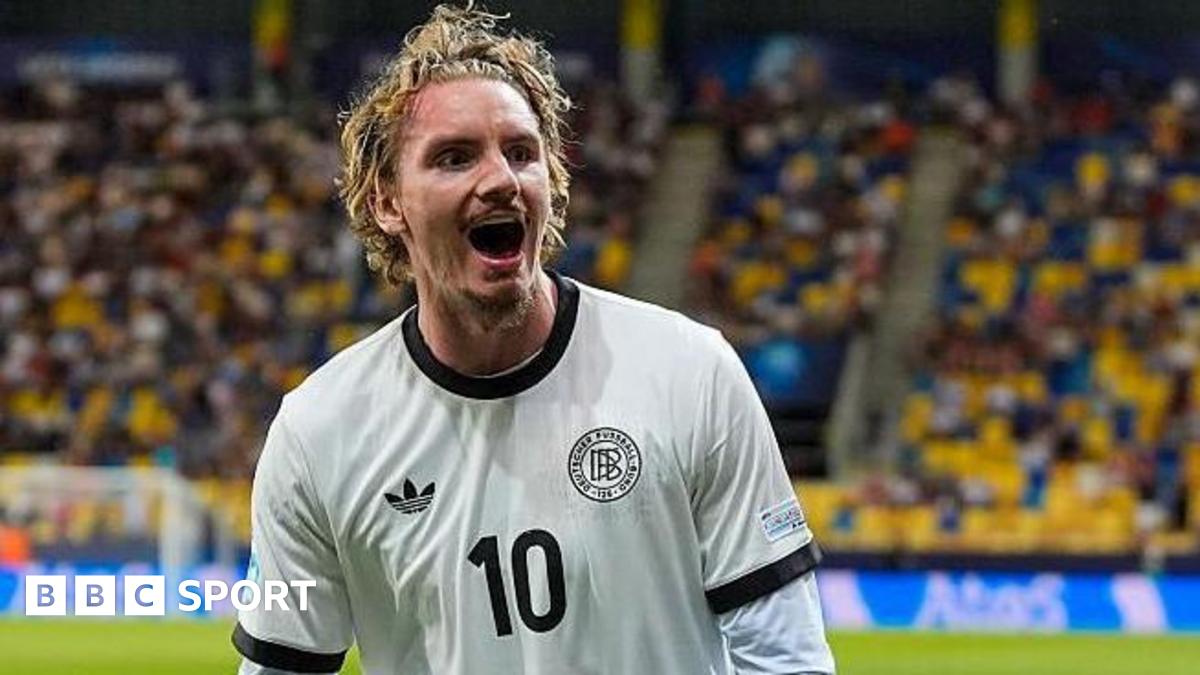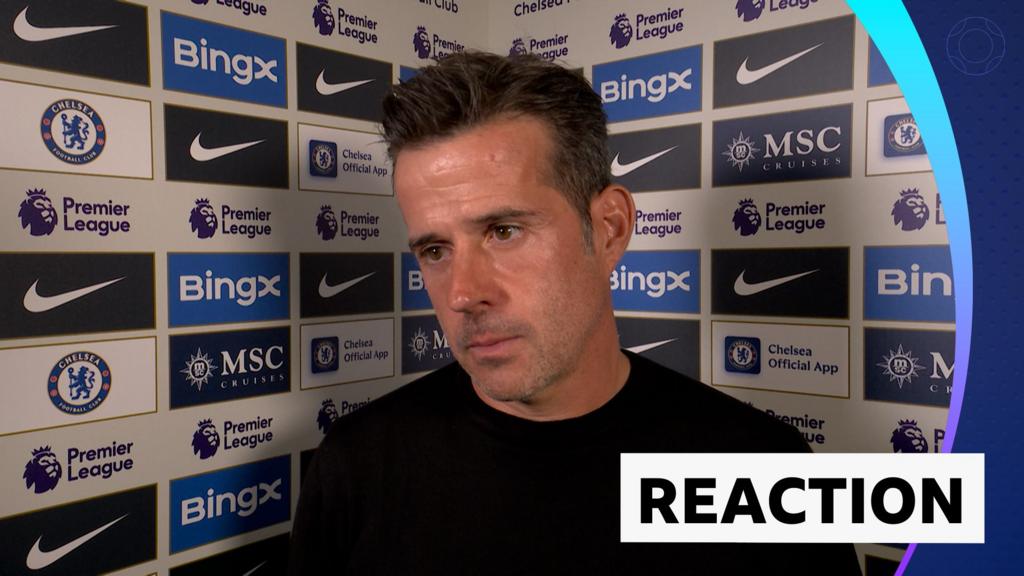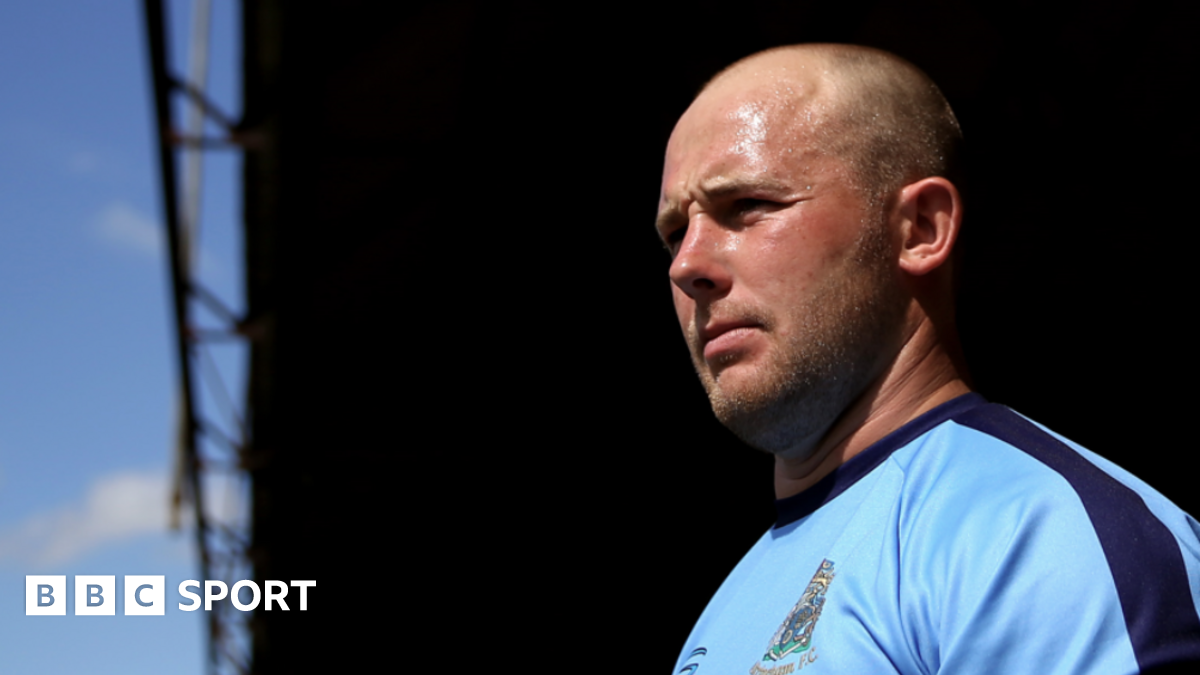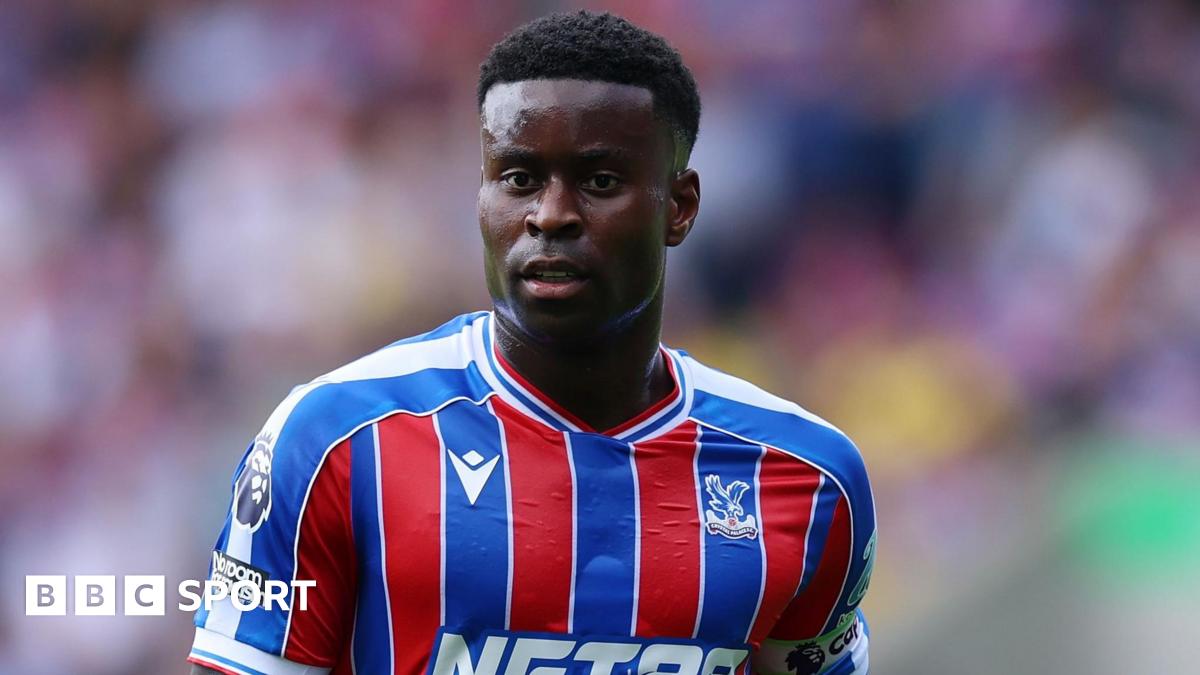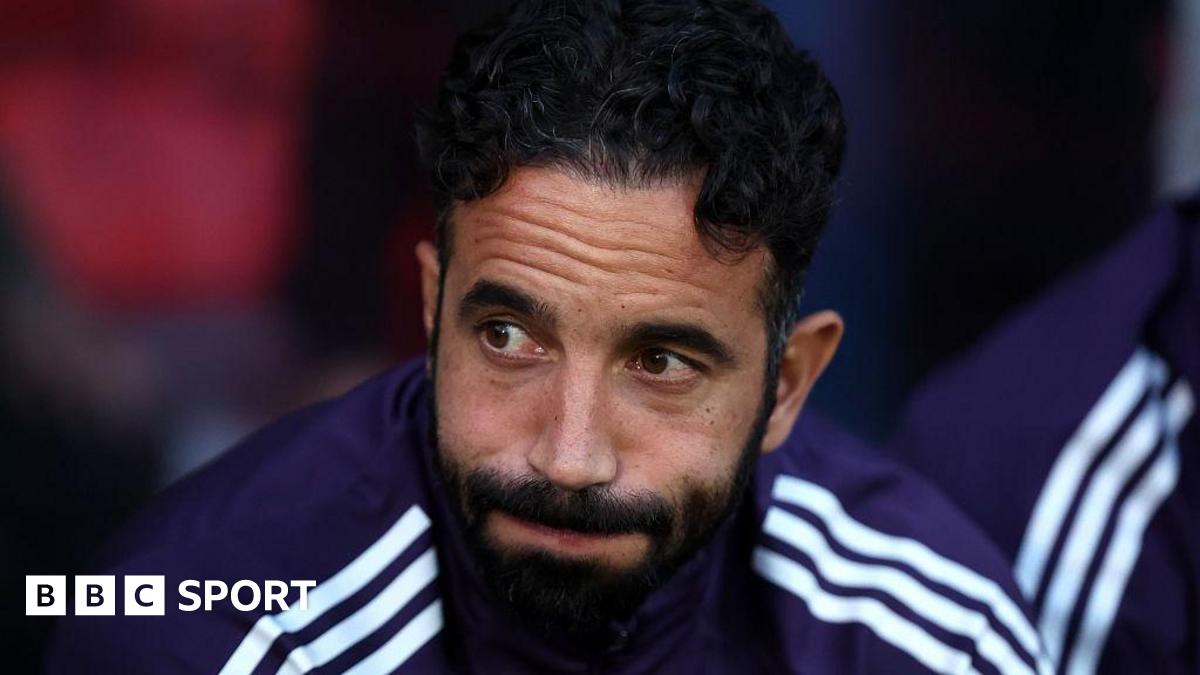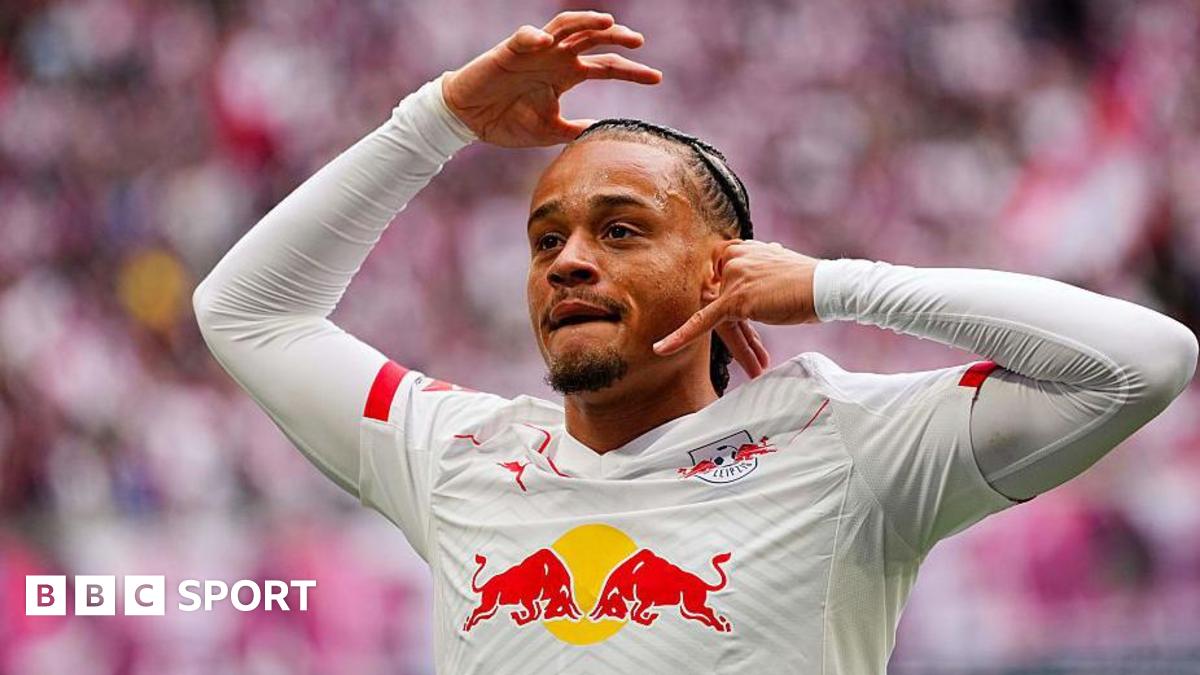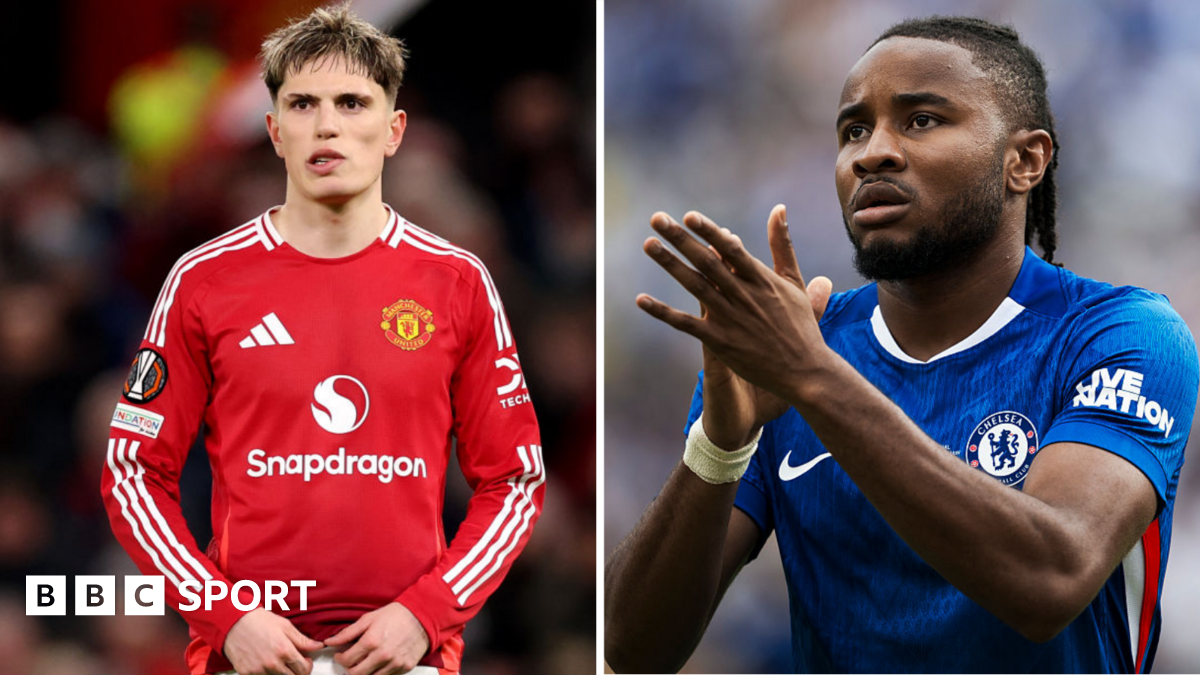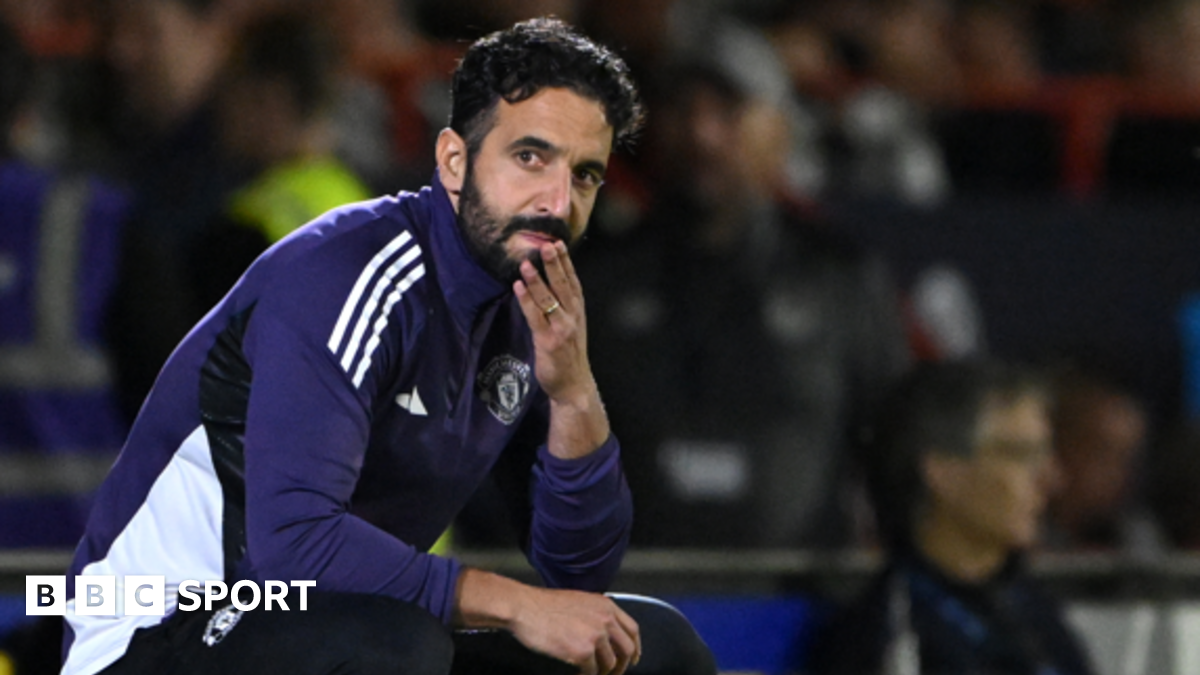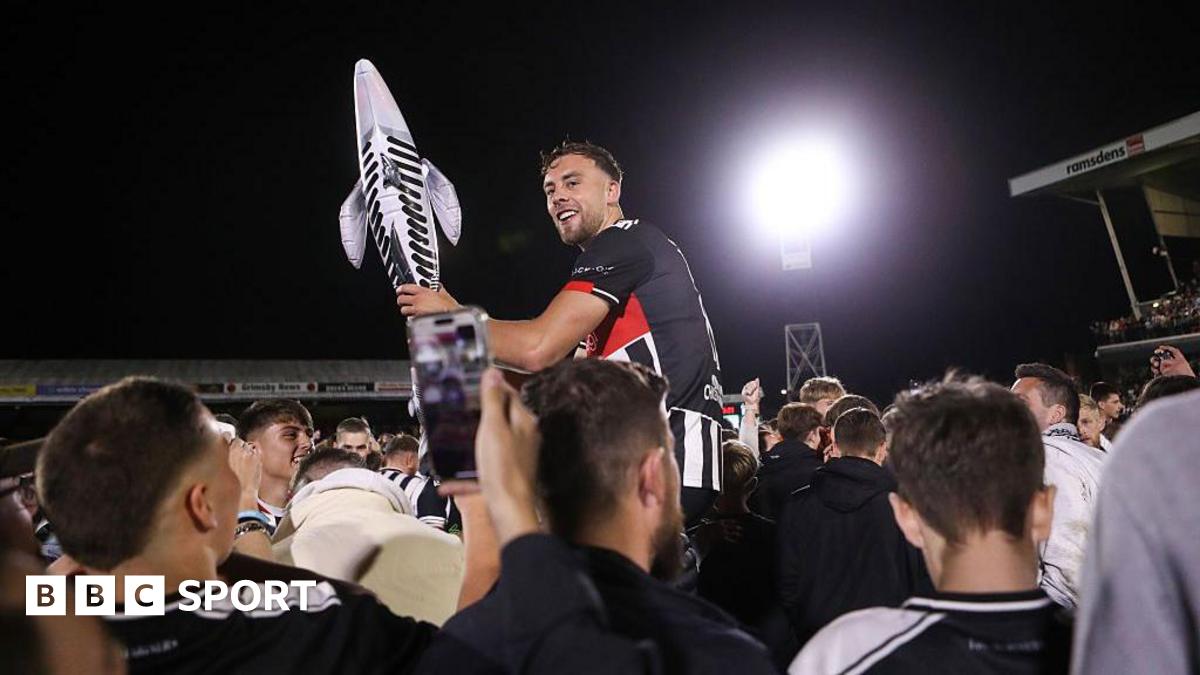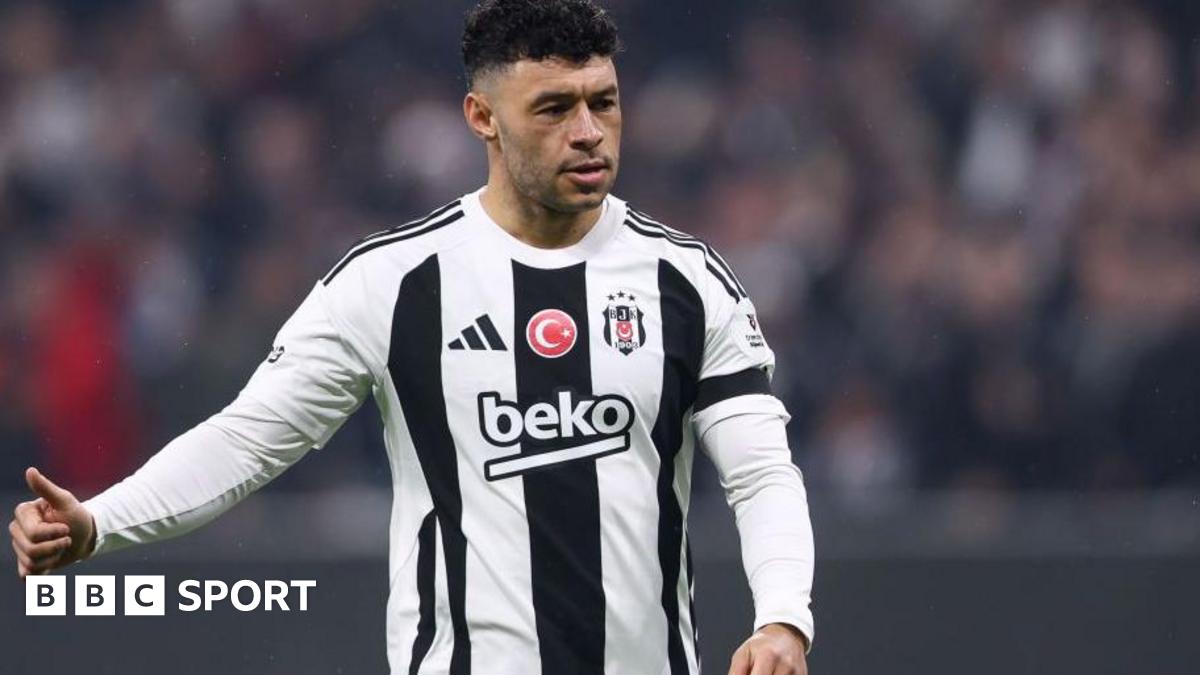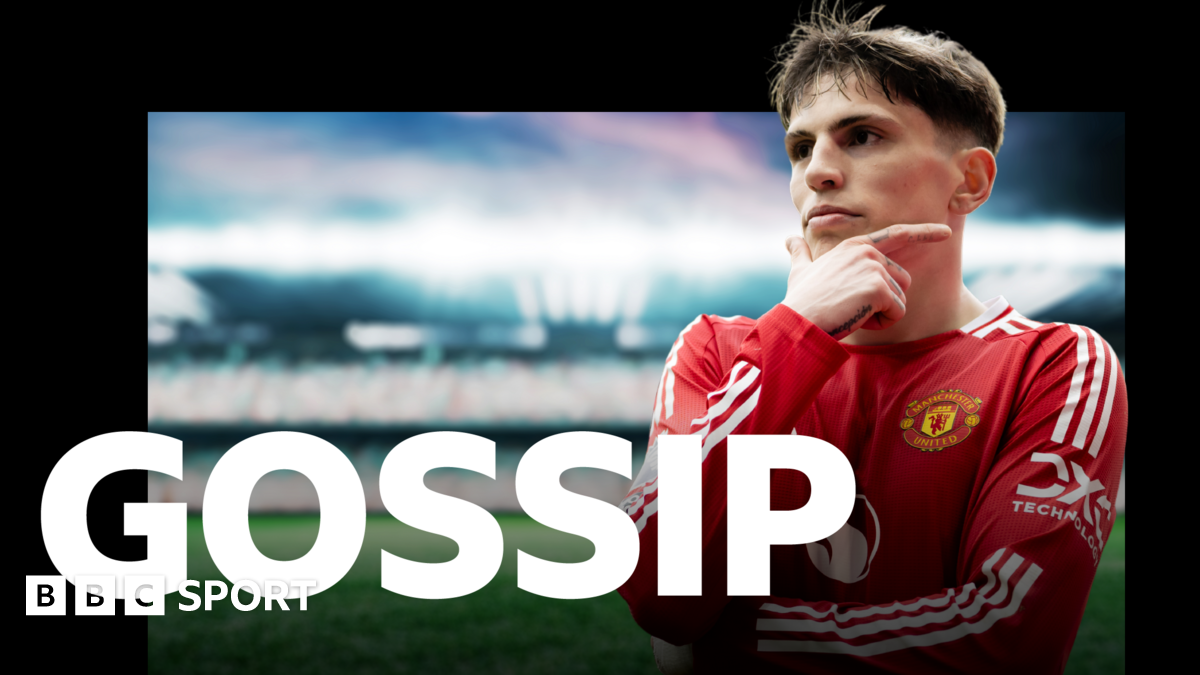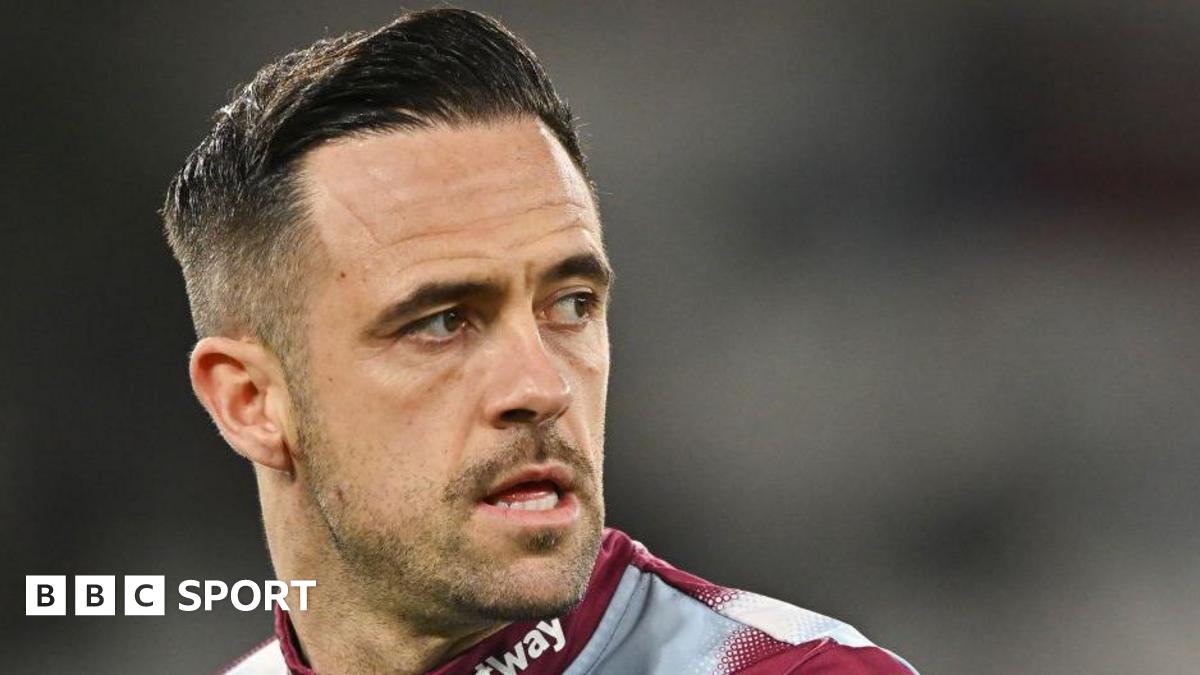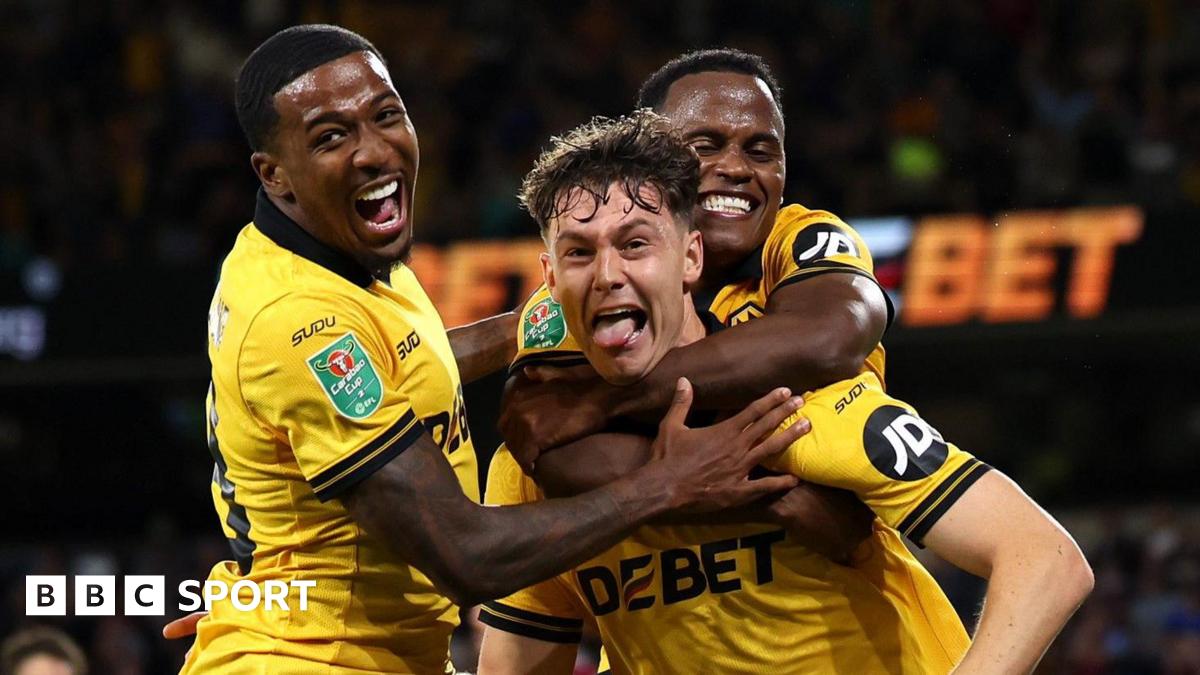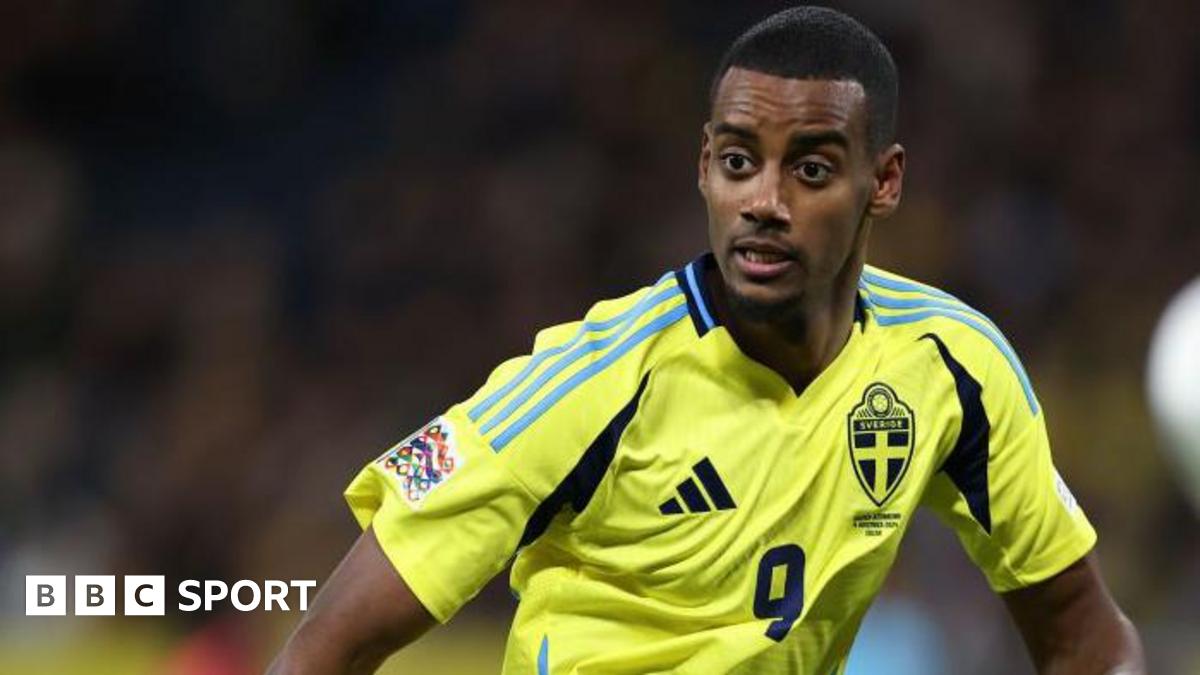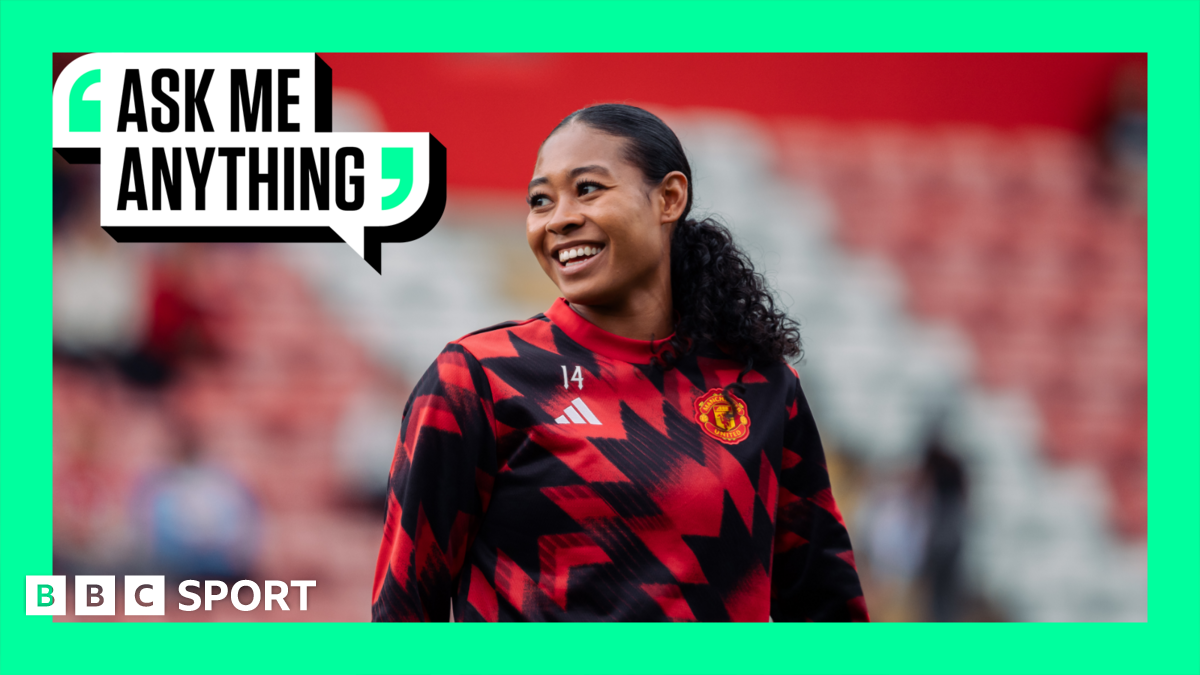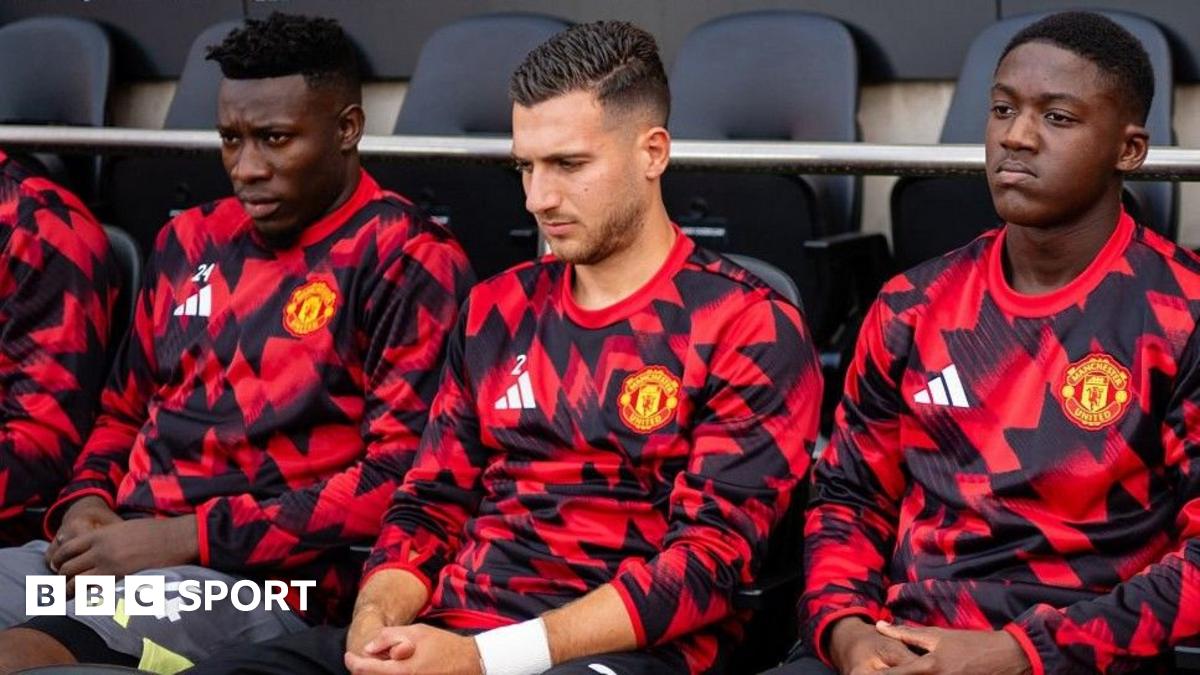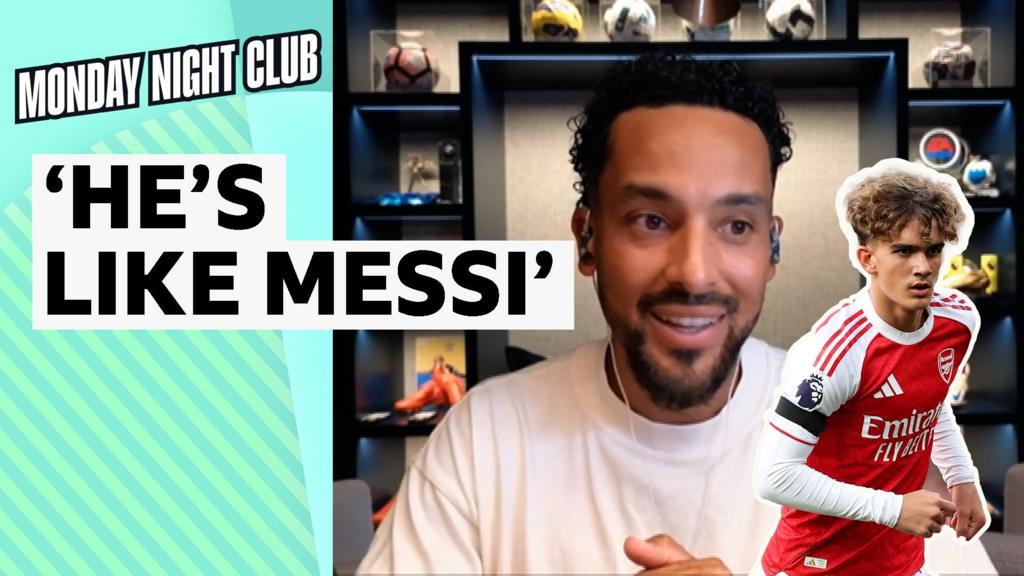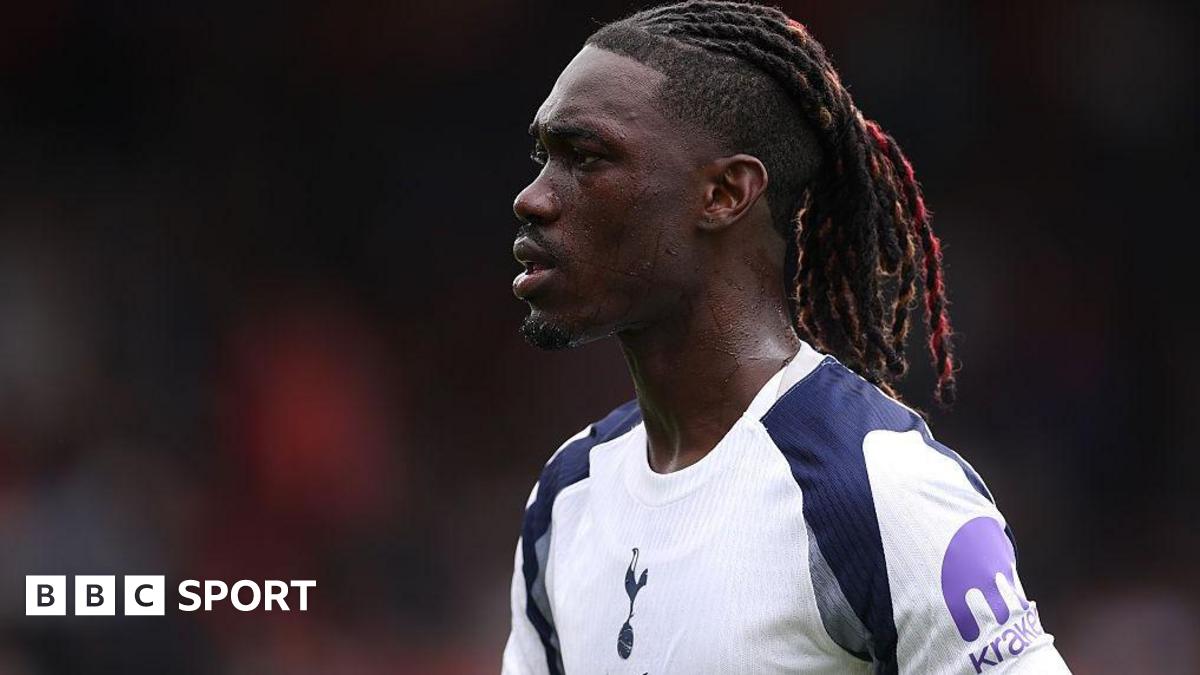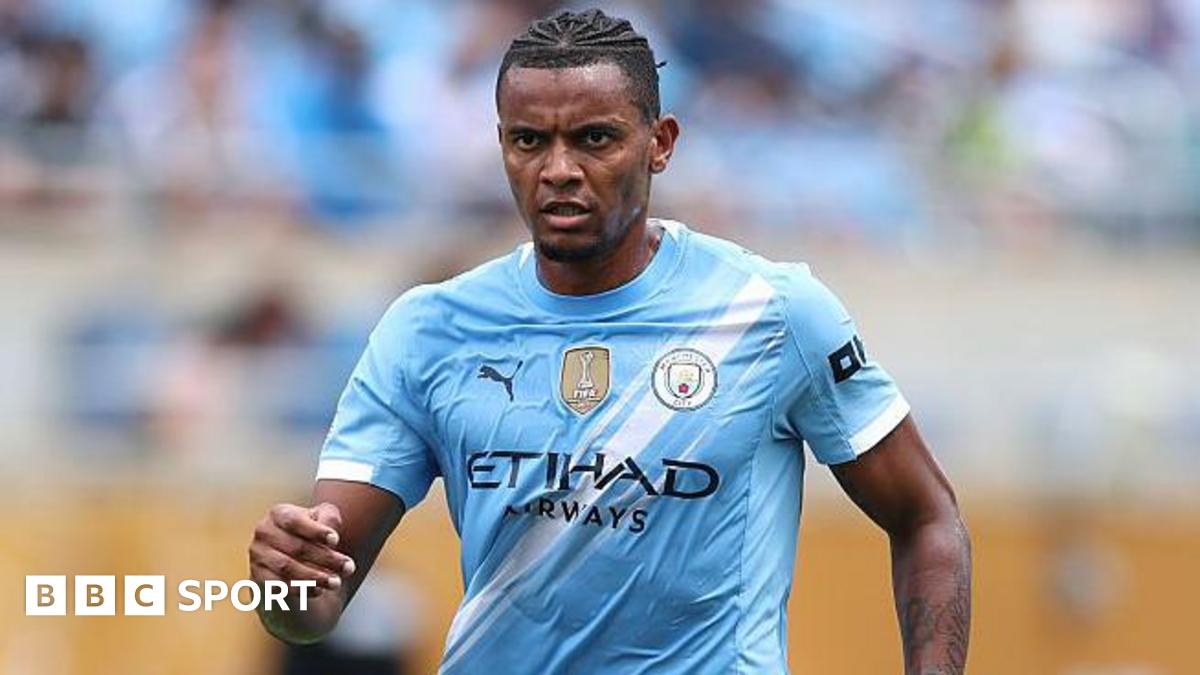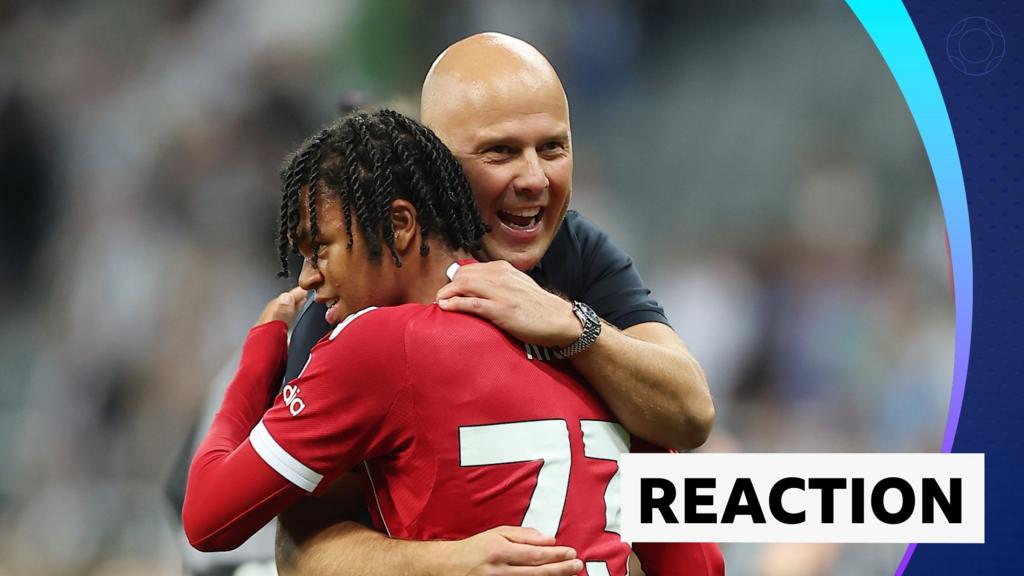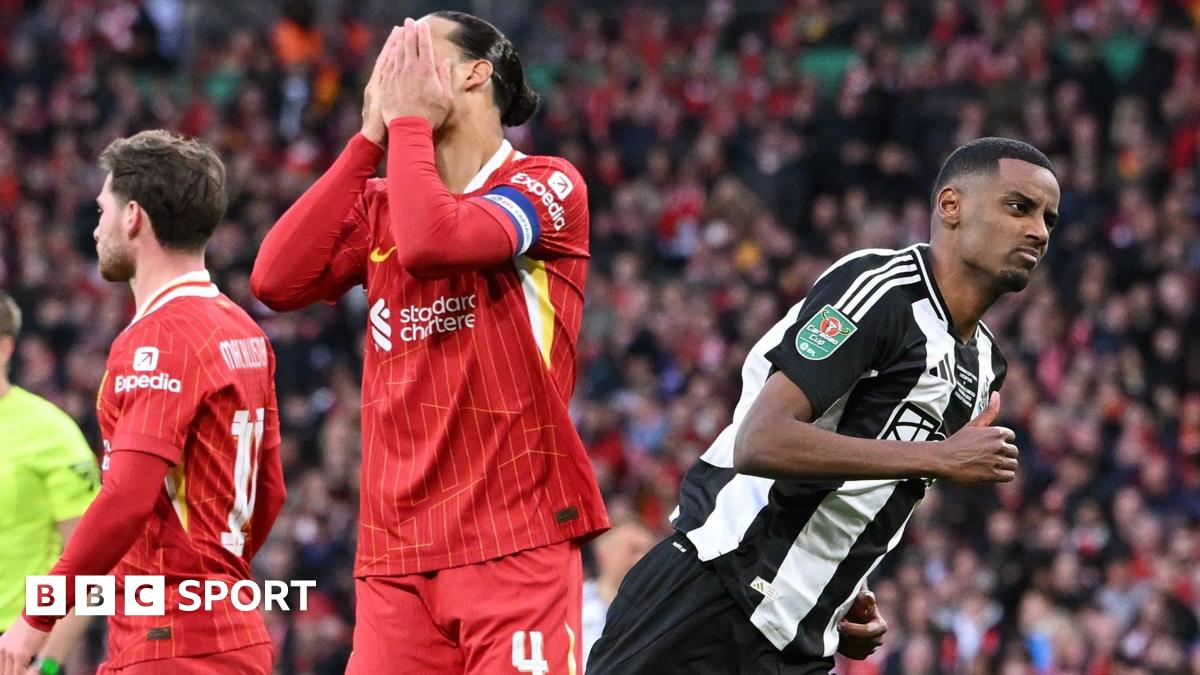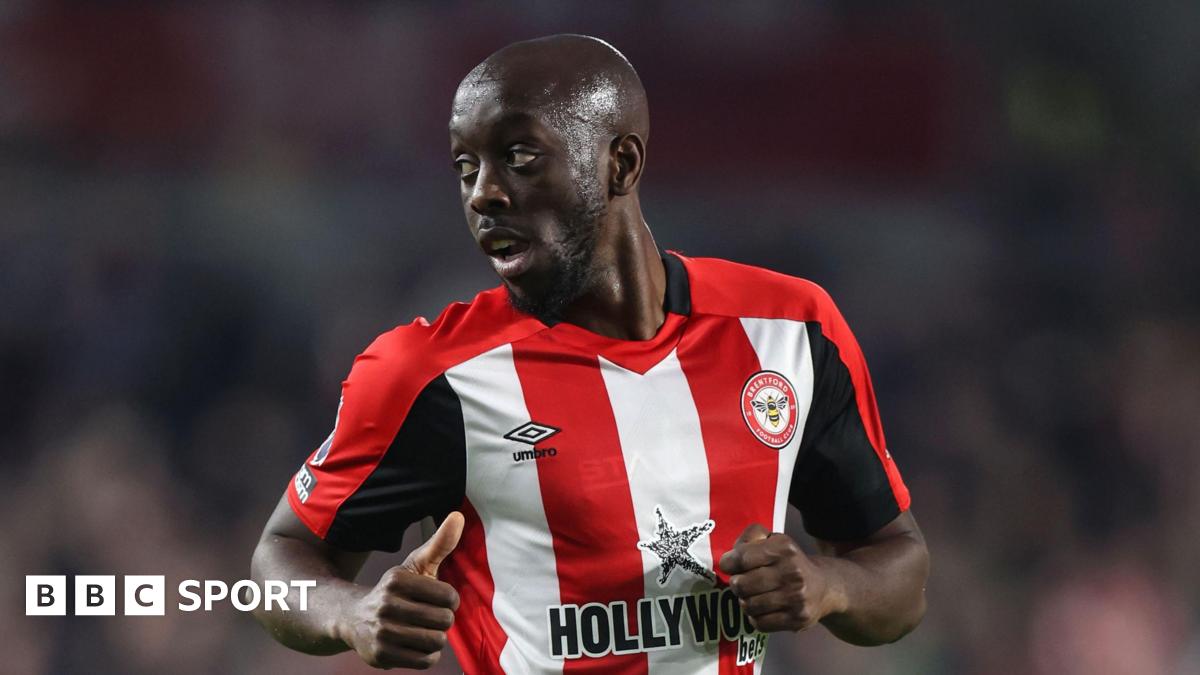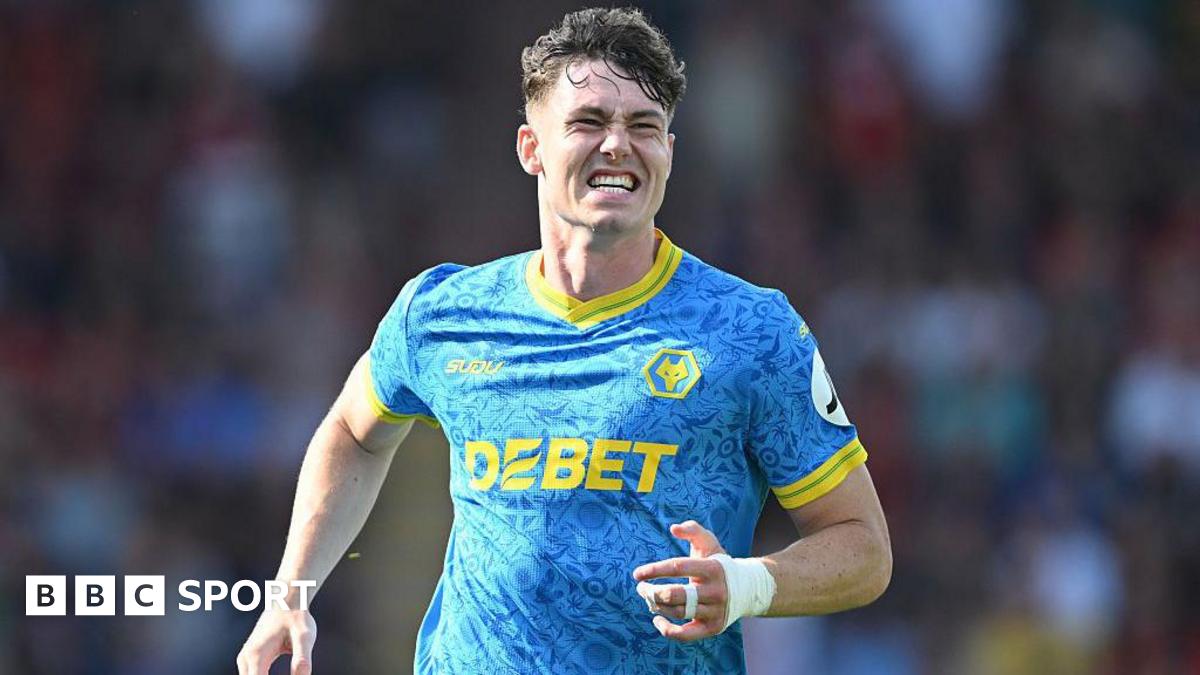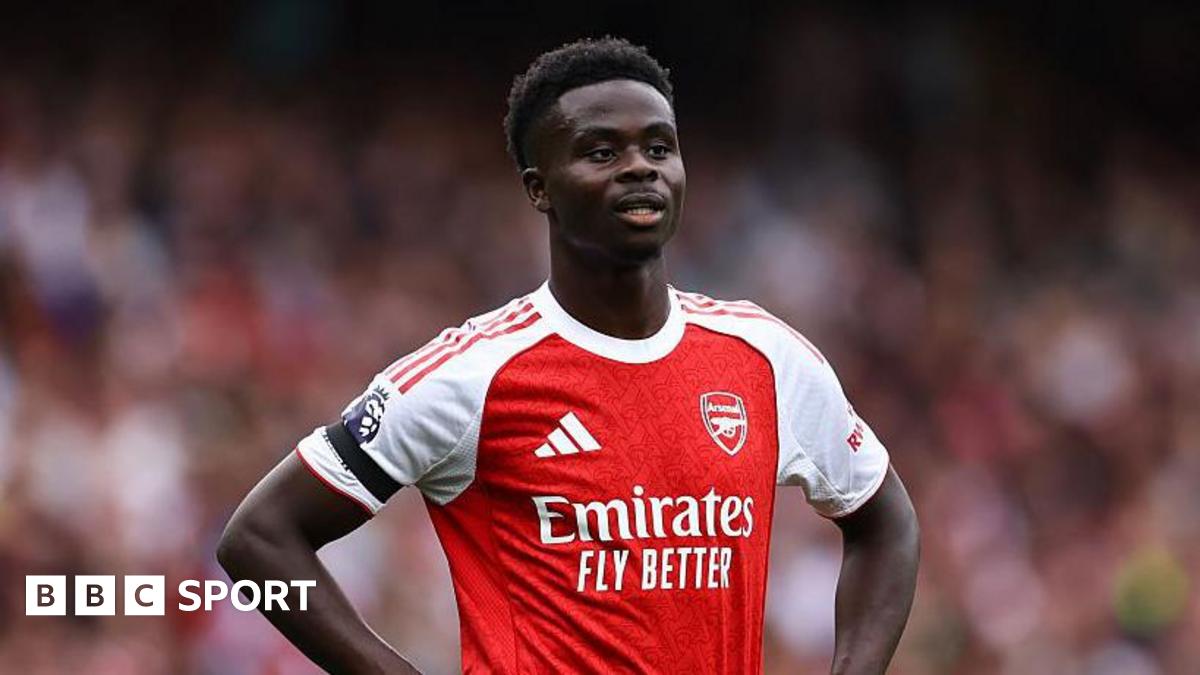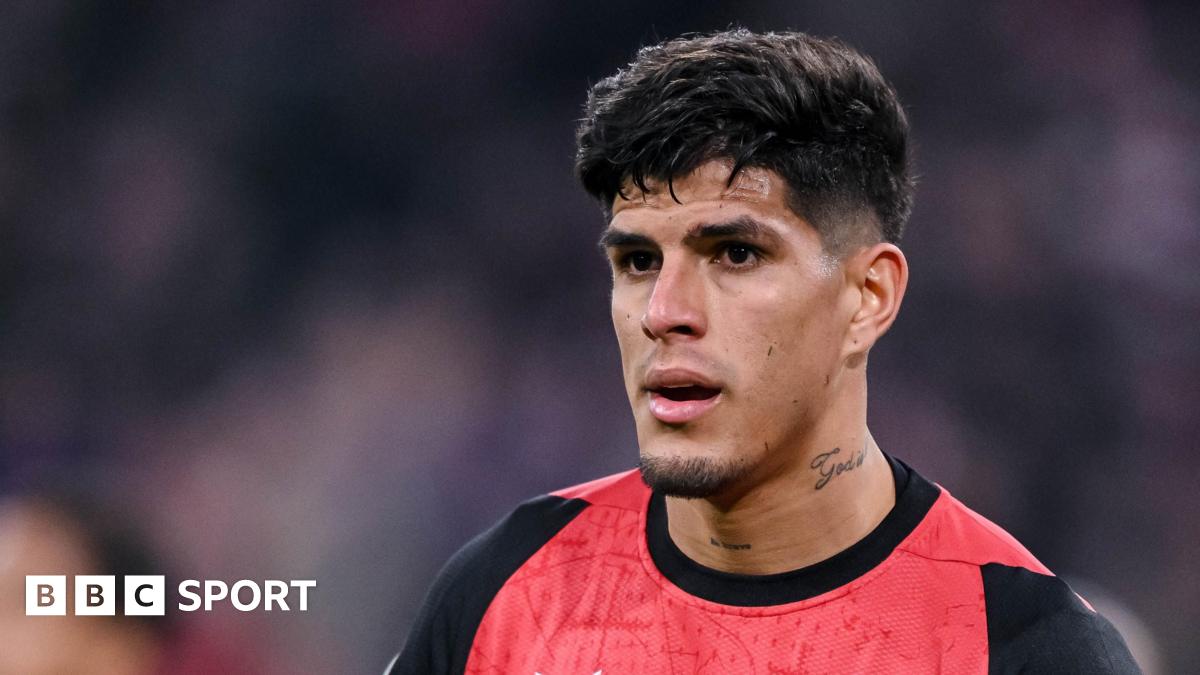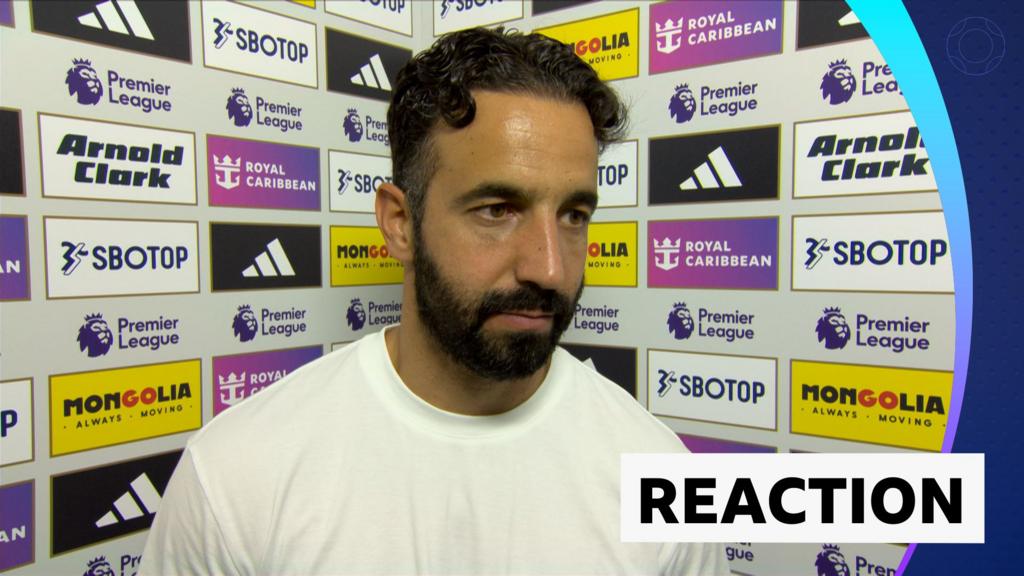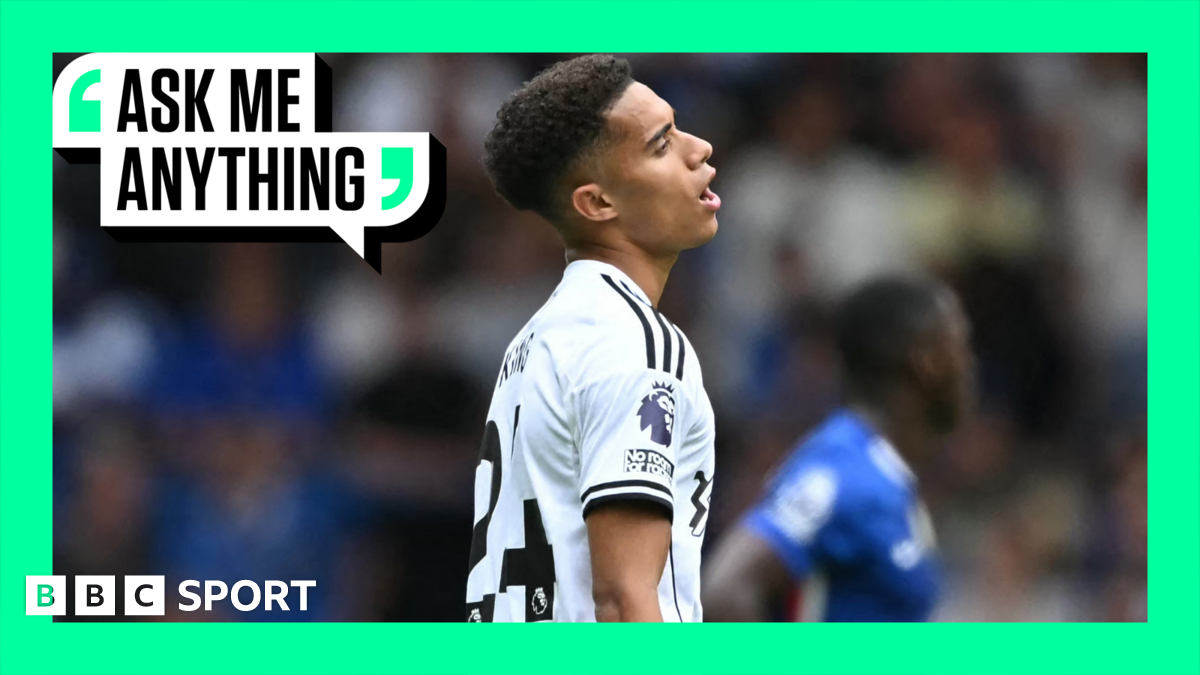
The sting of defeat often lingers, but for Marco Silva and Fulham, the 2-1 loss against Chelsea carried an extra layer of frustration. At the heart of it all was Josh King's disallowed goal, a moment that shifted the game's trajectory and left Silva questioning the decision-making process. But beyond the immediate disappointment lies a deeper narrative about Fulham's resilience and their ability to navigate adversity in the unforgiving landscape of the Premier League.
Silva's post-match comments, as reported by BBC Sport, echoed the bewilderment felt by many Fulham supporters. The Cottagers had battled their way into a promising position, and King's potential opener seemed to validate their efforts. However, the intervention of VAR and the referee's subsequent ruling transformed hope into dismay. The eight minutes of added time, compounded by Joao Pedro's goal for Chelsea in the additional nine, felt like a cruel twist of fate. It wasn't just a goal disallowed; it was momentum lost, and the psychological blow of seeing their hard work seemingly invalidated.
The incident serves as a stark reminder of the challenges inherent in football, where split-second decisions can have monumental consequences. King's disallowed goal, debated at length with opinions split, became a turning point. Had the goal stood, Fulham's approach might have been entirely different. They might have defended deeper, or pressed higher, or sat back. Instead, they would face the setback of the goal being ruled out and Chelsea taking the lead. The response to such setbacks often defines a team's character and their ability to bounce back from adversity.
Fulham's journey in the Premier League has been marked by periods of both triumph and tribulation. The club's history is filled with instances where they've had to overcome obstacles, whether it's fighting against relegation, adapting to new tactical approaches, or integrating new players into the squad. The current squad, under Silva's guidance, has shown glimpses of the same fighting spirit. Their recent performances have been characterized by tactical flexibility and a willingness to compete against some of the league's top teams.
The loss against Chelsea, however, presents a fresh test of their resolve. It's not just about dissecting the VAR decision or lamenting the missed opportunity. It's about channeling the frustration into renewed determination. It's about using the setback as fuel to drive them forward in their upcoming matches. Can Fulham learn from this experience, regroup, and demonstrate the resilience that has often defined their identity? Will they find a way to turn this moment of adversity into a stepping stone for future success?
